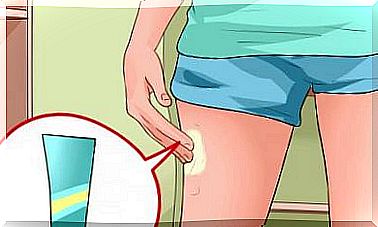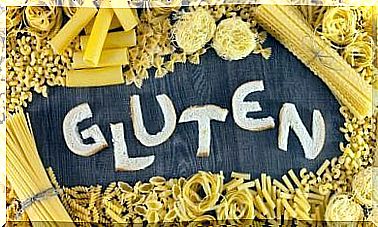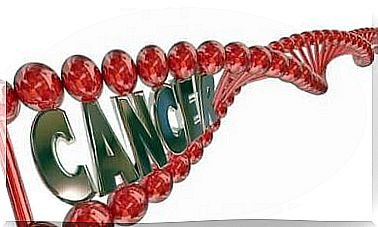Egg – Do You Know Everything About It?
Egg is a very common product in our daily menu. It is rich in nutrients, such as vitamins, minerals and proteins that the body cannot produce on its own, so we should make sure that our diet does not run out of it. Moreover, the egg is low in calories!
It is a must-have product for certain groups with special needs: adolescents, pregnant women, the elderly, ovo-vegetarians and people on low-calorie diets. As it is a product so important in our kitchen and provides a lot of nutritional value, below we present a list of interesting facts about it that you probably have not heard about yet.
Egg: What does its color depend on?
The color of the egg depends on the color of the hen. A brown hen’s egg will have a darker shell than the egg the white hen lays. It is a genetic factor.
How can I tell if an egg is fresh?
Contrary to popular belief, it is very easy to tell if an egg is fresh or not.
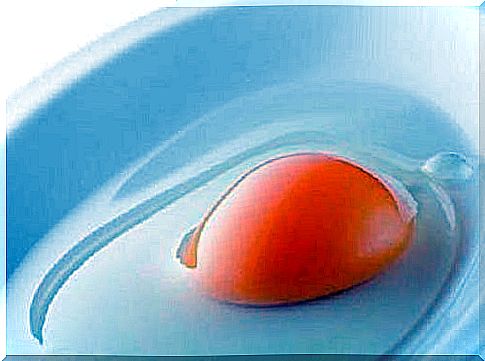
Just dip them in water: if the egg sinks to the bottom – it’s fresh, if it floats – it’s rotten.
What’s the healthiest way to prepare an egg?
The fat used to fry eggs modifies the nutrients and natural properties it contains. The healthiest way to prepare an egg is to boil it for about 10 minutes – this way it keeps all its properties.
Yolk
As we all eat eggs, we have noticed time and time again that some yolks are more yellow than others. Its color depends on the diet of the hen.
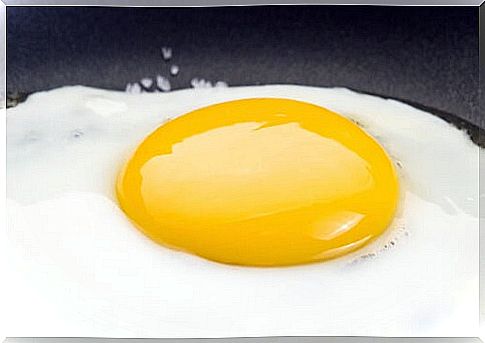
Free-range hens on the farm receive different food than barn or cage hens.
Eating eggs and pregnancy
Consuming eggs during pregnancy is very important as they are a rich source of a substance needed for the development of a baby’s brain called choline.
Eggs and the elderly
Eggs have a very positive effect on the health of the elderly: they prevent vision loss (which is a natural process over the years), muscle degeneration and reduce the risk of cataracts.
Some statistics: egg production and consumption
Annually, about 1.2 trillion eggs are produced in the world.
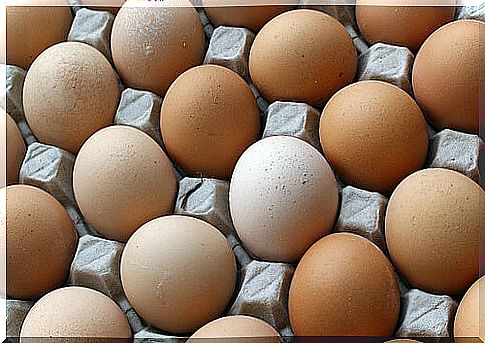
On average, each of us eats 173 eggs a year, and while it seems amazing to us, 40% of the world’s egg production is consumed in China.
How many eggs does the hen bear?
We often wonder how many eggs one hen can bear. Here is the answer: on average, one hen lays 250-270 eggs per year. Although there are also chickens that are able to produce more than 300 eggs in a year.
Egg size
The size of the egg depends largely on the age of the hen – the older it is, the greater the probability that the eggs it will lay will be larger.
What is the expiry date of the egg?
Egg white – although 90% water – also contains vitamins.

The shelf life of eggs is about 10 weeks – after this time it is better to give up eating them.
Should you wash the egg?
Can you eat a cracked egg?
We do not recommend this because the cracks allow microorganisms to enter the egg, which can cause various diseases. Sometimes, unfortunately, the crack is so small that we are not able to notice it. So let’s pay special attention to the appearance of the eggs before eating them. This way you can prevent various diseases.
Remember that …
… the amount of consumed eggs has no effect on the health of our body. However, they should be prepared appropriately. It is not the amount, but the method of administration that affects our health. Classic example: Boiled egg vs fried egg with butter. Which do you think is unhealthy? Of course, the latter! Most importantly, you don’t have to give up a delicious egg for breakfast.



